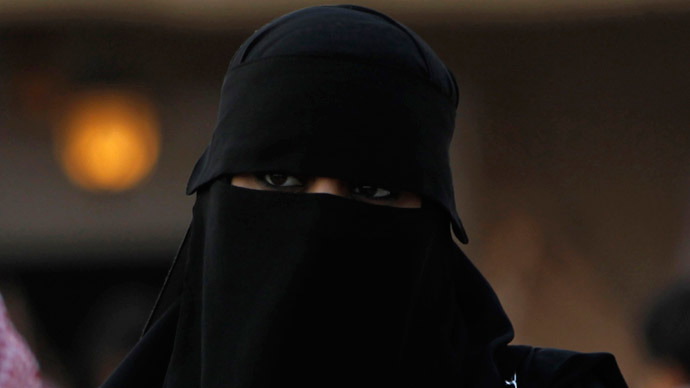
RNA - The incident happened during the performance of La Traviata at Opera Bastille in Paris on October 3, Jean-Philippe Thiellay the opera house’s deputy director, told AFP.
The fuss blew on Sunday, October 19, in French media.
The woman and her companion, tourists from one of the Gulf States, were sitting just behind the conductor and were visible to monitors. Their seats were reportedly the most expensive in the opera, costing 231 euros ($294) each.
The woman was wearing a niqab, a veil that covers her face and hair. It only leaves the eyes and part of the forehead visible.
She was unnoticed by the opera house’s personnel when she entered the auditorium. Thiellay said that he “was alerted in the second act by a singer," who spotted her in the front row.
"Some performers said they didn’t want to sing," if it wasn’t sorted out, he added. They didn’t like performing for a faceless audience member, reported Metronews, citing Thiellay.
The woman and her companion were later confronted by an inspector during the interval, who asked the woman either to unveil or to leave the performance.
"He[the inspector] told her that in France there is a ban of this nature, asked her to either uncover her face or leave the room. The man asked the woman to get up, they left," RT quoted Thiellay as saying, adding that it was unpleasant "to ask someone to leave.”
“But there was a misunderstanding of the law and the lady either had to respect it or leave," he said.
According to a source from Opera Bastille, the couple didn’t demand compensation.
France passed a related law in 2011, effectively banning the wearing of the niqab in public. This includes public streets, shops, museums, public transportation, and parks. The ban applies to the burqa, a full-body covering, if it covers the face. The only exception for a woman in a niqab and burqa is if she is travelling in a private car or worshiping.
Those who won’t remove their veils will have to pay a 150-euro ($190) fine.
The legislation, however, did not forbid the wearing of the hijab headscarf.
After the incident at the opera, France's ministry of culture said they are drawing up a new set of rules regarding veils for theatres, museums and other public institutions.
R111/108/B/